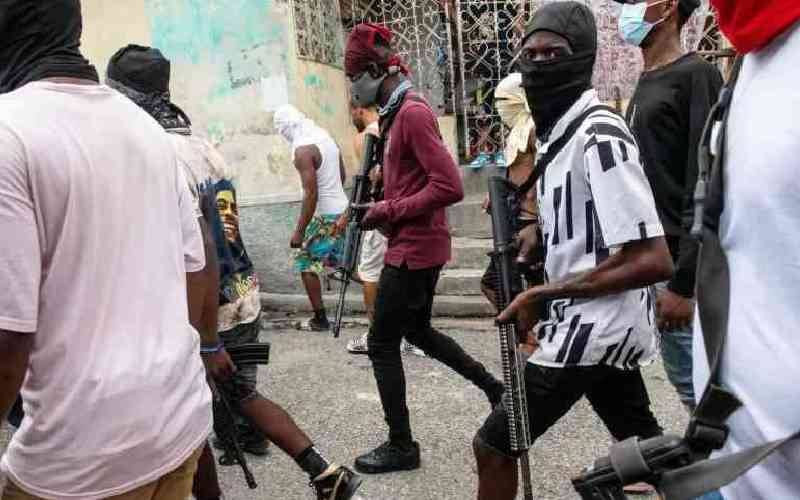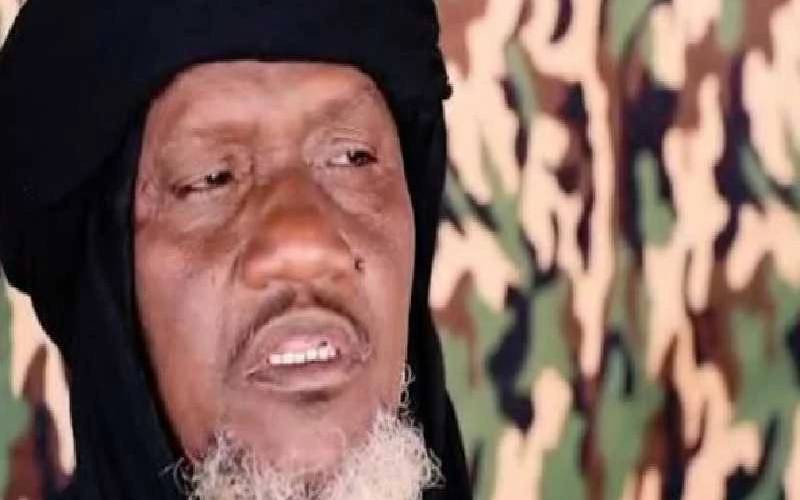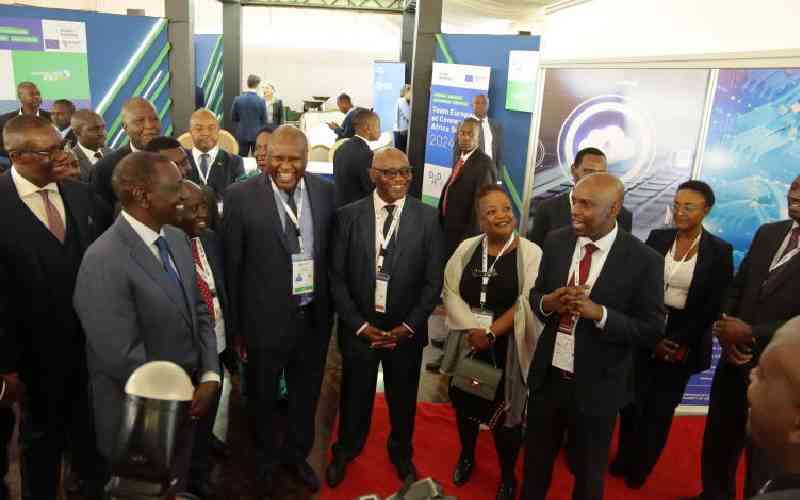Undoubtedly, insecurity has become President Uhuru Kenyatta’s greatest challenge. But his approach to the security crisis facing him has left friends and foes alike, dumfounded.
After the Lamu terrorist attack, a visibly angry President told off his critics and blamed local politicians for the gruesome massacre. This week, he similarly went on air to respond on the Mandera attack in a enraged mode and told off Kenyans. He threw caution to the wind as the Head of State, watched by women and children rattled by the shock of terrorist slaughter.
In 2004, when his predecessor, President Kibaki, was faced with his greatest challenge, the Anglo-Leasing scam that implicated his closest Cabinet members, he remained calm, but acted decisively. He let go of several of his most trusted ministers and permanent secretaries.
But his calm demeanour was equally the subject of the Opposition’s attack, led then by the Opposition chief, Uhuru Kenyatta, who blasted the former president’s style of leadership as a laid-back, eyes-off, ears-off and rudderless. But never did he lose his calm, nor blame poor Kenyans calling for him to quit over the scam.
President Kenyatta comes out as someone clearly not in sync with the goings-on in his administration, or the country. This, perhaps, is courtesy of some of the clueless retinue of advisors around him. Kenyans are in fear, abundant fear! And not happy that the nation’s CEO misses the point that the buck stops with him. The country looks to him to reassure the nation that he listens to them and their views count. After all, that’s what democracy is all about. Listen to the people!
Terrorism is a complex, global problem; not an ordinary crime. Its aim is to create fear and despondency among the population. It is not a visible enemy on which you can readily unleash your military arsenal.
This insidious crime can gradually destroy a nation as we have seen in many countries in recent years. Public frustrations start to give way to despair. Then unreliable, disjointed intelligence will be fed into the system under a pressure to perform. Soon, collateral damage starts to pile up.
We are beginning to see some of this already. Blaming local politicians in Lamu, and Muslim leadership in Mombasa, accusing the Opposition of involvement in Lamu, indiscriminate security actions such as profiling of communities, mass arrests, shutting places of worship, air raids in Boni forest, indefinite curfew in Lamu, calls for evacuation of some regions, etc. All the while, the terrorist incidents continue to increase despite these measures. Clearly, the strategy is not working and needs to be reviewed!
The war on terror cannot succeed without involvement of local communities and political leadership, and an investment in a sound, operational and reliable intelligence service. The President must think out of the box, and consider seeking solutions and advice outside his security bosses.
We have an external enemy that infiltrates our nation at will. He must audit the performance of our KDF in Somalia; are they properly deployed to create a buffer along the entire border with Somalia, and have they succeeded in reducing the influx of terrorists into the country?
Is there a disconnect between the police and the NIS? It cannot be that in Westgate, Lamu and Mandera, the latter reportedly warned of possible attacks but police deny the same. On the ground, like in Mandera, that disconnect and lethargy is apparent.
Information provided by the public too is routinely ignored. The county security team does not have a working relationship with the county government on security matters.
We must not underestimate the gravity of the terrorist situation facing this nation. There is an urgent need for the President to change tack, jolt the entire command and operational structure of the security establishment, and reassure the nation by action.
 The Standard Group Plc is a
multi-media organization with investments in media platforms spanning newspaper
print operations, television, radio broadcasting, digital and online services. The
Standard Group is recognized as a leading multi-media house in Kenya with a key
influence in matters of national and international interest.
The Standard Group Plc is a
multi-media organization with investments in media platforms spanning newspaper
print operations, television, radio broadcasting, digital and online services. The
Standard Group is recognized as a leading multi-media house in Kenya with a key
influence in matters of national and international interest.
 The Standard Group Plc is a
multi-media organization with investments in media platforms spanning newspaper
print operations, television, radio broadcasting, digital and online services. The
Standard Group is recognized as a leading multi-media house in Kenya with a key
influence in matters of national and international interest.
The Standard Group Plc is a
multi-media organization with investments in media platforms spanning newspaper
print operations, television, radio broadcasting, digital and online services. The
Standard Group is recognized as a leading multi-media house in Kenya with a key
influence in matters of national and international interest.








